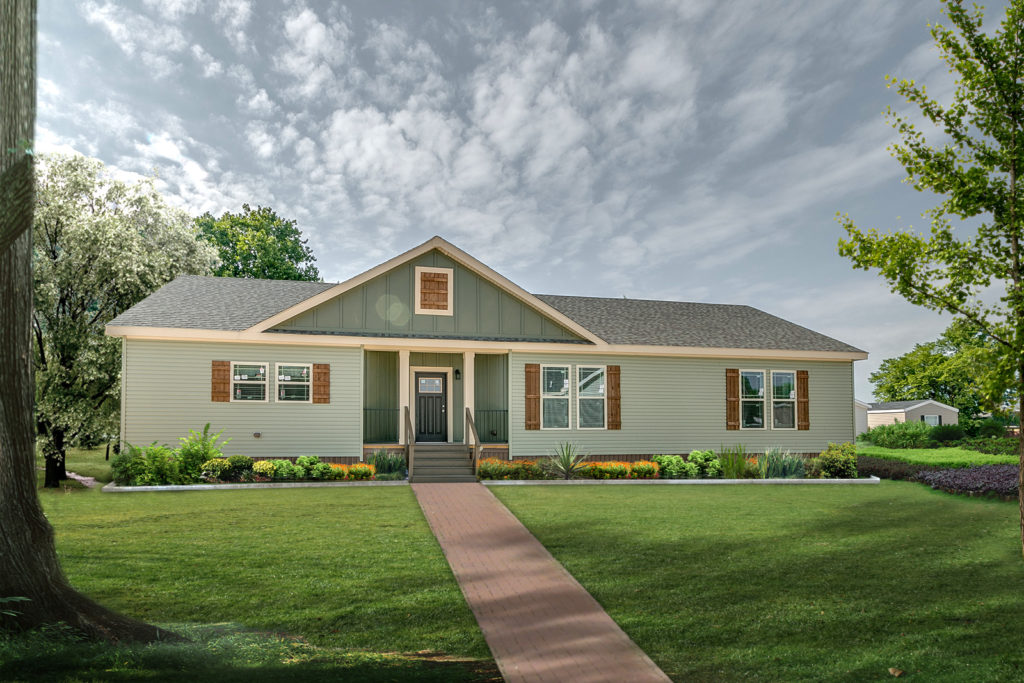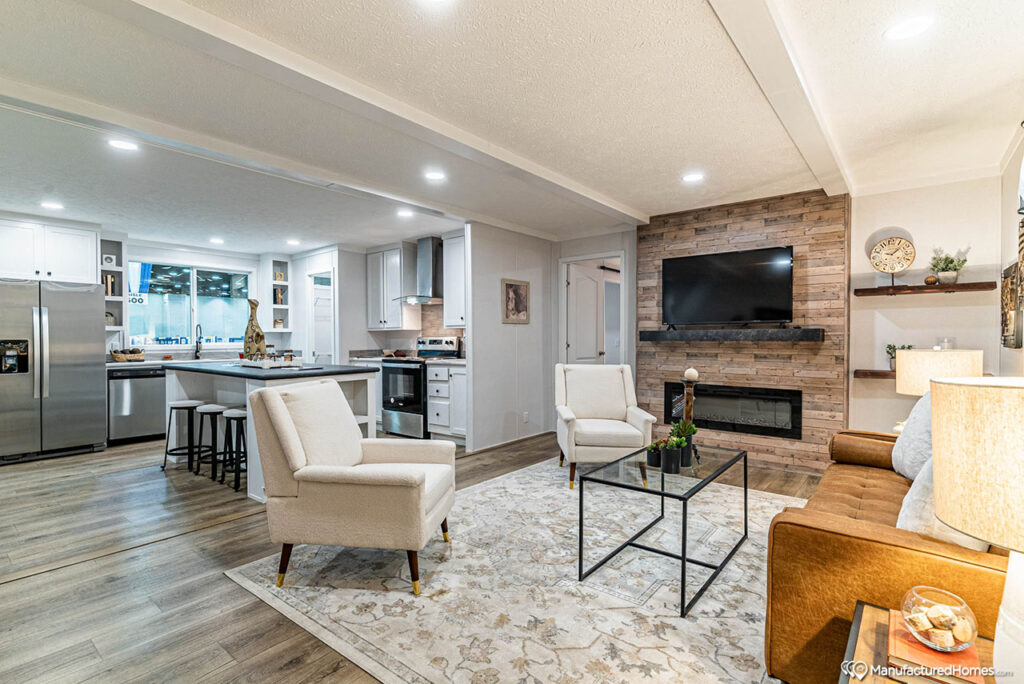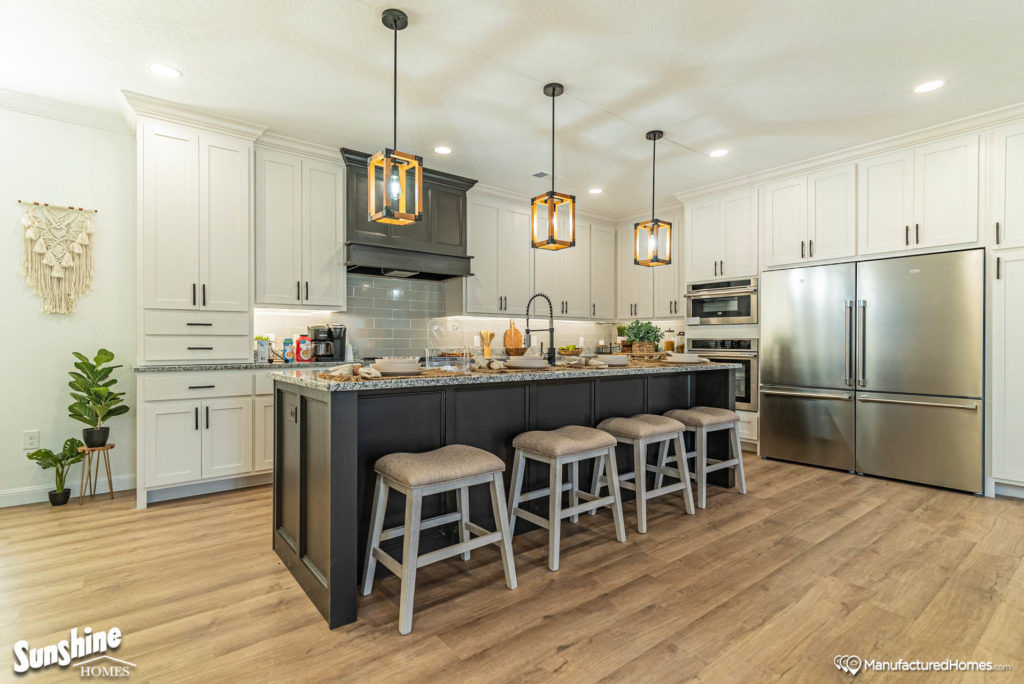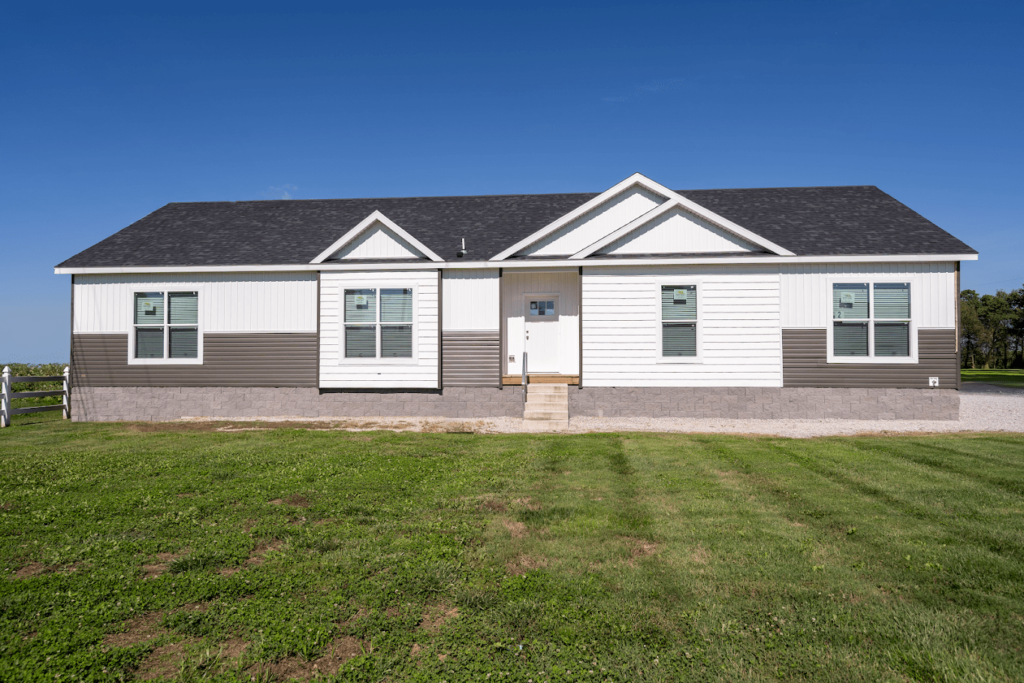Modular homes are becoming increasingly popular due to their affordability and customizable designs. However, some people question whether they maintain their value over time. Are modular homes a good investment in the long run?
Modular homes (also known as prefabricated homes) are built off-site in a factory and then transported to the final location for assembly. They can be built faster and cheaper than traditional homes and offer a range of benefits for homeowners. However, some people may have concerns about their resale value and overall durability.
If you are considering purchasing a modular home, it’s important to understand whether it will maintain its value over time. In this article, we’ll explore the factors that affect the value of them and provide insights into whether they are a smart long-term investment.
What’s the Difference Between Modular and Traditional Homes?
The primary difference between modular and traditional stick-built homes is the way they are constructed. Traditional homes are typically built onsite using traditional labor and materials, while modular homes are usually constructed off-site in a factory setting using prefabricated pieces that are then transported to the building site and assembled by a builder or contractor. Because of this, modular homes can often be built faster than traditional homes since the construction process is less labor-intensive and the materials used are usually of higher quality.
Does a Modular Home Maintain Its Value?
Yes, modular homes can maintain their value over time just like any other home. The key to maintaining the value of a modular home is to make sure it’s well-maintained and kept up-to-date with improvements such as updated appliances, energy-efficient windows, and modern finishes. Additionally, the quality of the craftsmanship of the home can affect its value – so it’s important to choose a reputable builder who pays attention to detail when constructing your modular home.
Modular Homes Have Permanent Foundations
Modular homes have permanent foundations, just as site-built homes do. The foundation is the most important element of any home and must be able to support the structure and withstand natural elements such as wind, snow, and rain. Modular homes are usually built on a concrete slab foundation, which can provide greater stability than a traditional wood-framed foundation. Additionally, modular homes can also be installed on a basement or crawl space.
Modular Homes are Built to the Same Building Codes as Traditional Homes
Prefabricated homes are subject to the same building codes and standards as traditional homes. This means that they must meet the same safety, health, and energy efficiency requirements for construction. Modular homes are built in factories where quality control is closely monitored, ensuring that each component meets the necessary building standards. Additionally, once on-site, modular homes go through a rigorous inspection process before final approval is given.
Modular and Traditional Homes Receive the Same Insurance
Insurance companies understand that each home is unique, and all precautions are undertaken to ensure that they are covered in the event of an emergency. Most insurance companies actually insure traditional and modular homes at precisely the same rates, offering equal protection and coverage regardless of the type of construction used! This demonstrates that most underwriters consider the two construction methods equally valuable, with no additional risk seeing as how both use similar materials and meet identical building codes. It also means that your modular home will not increase your insurance rates as some might assume – after all, since the cost to make any repairs after specific disasters is equivalent to that of traditional construction.
Other Benefits of Modular Homes
In addition to being able to maintain their value, modular homes offer other benefits that make them a great choice for homeowners. One of their most attractive aspects is the speed and efficiency with which they can be constructed. Because the majority of construction occurs in a factory setting, there is less disruption to the local environment and fewer delays due to weather conditions. Additionally, modular homes tend to be more energy efficient than traditional homes since they are built using high-grade materials and with attention to energy-saving details such as insulation, windows, and doors.
What Factors Influence a Modular Home’s Value?
Just like any other home, the value of a modular home is determined by factors such as location, age, housing market, and condition. Location plays a significant role in determining value since the desirability of an area can significantly affect its appeal to potential buyers. Additionally, the age and condition of a modular home can directly influence its market value. Homes that are well-maintained and kept up-to-date with improvements can hold their value more than those that are neglected or not upgraded over time.
Get Started Today
If you’re interested in learning more about modular homes, contact Family Dream Homes. We’re here to help with any questions you may have!



